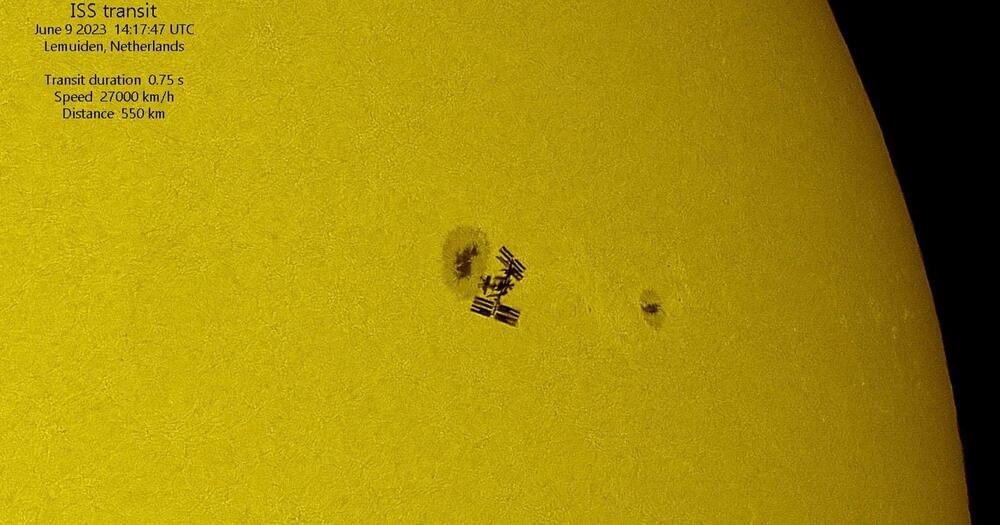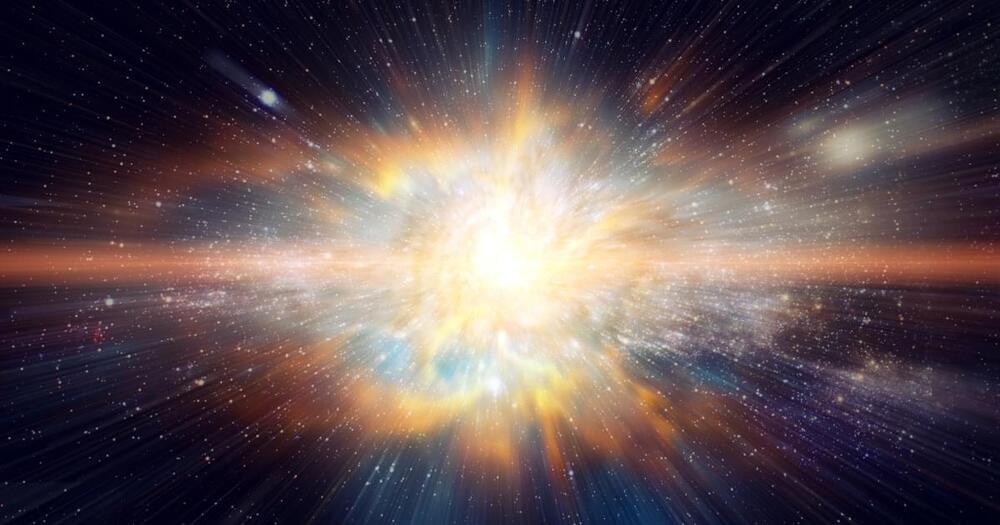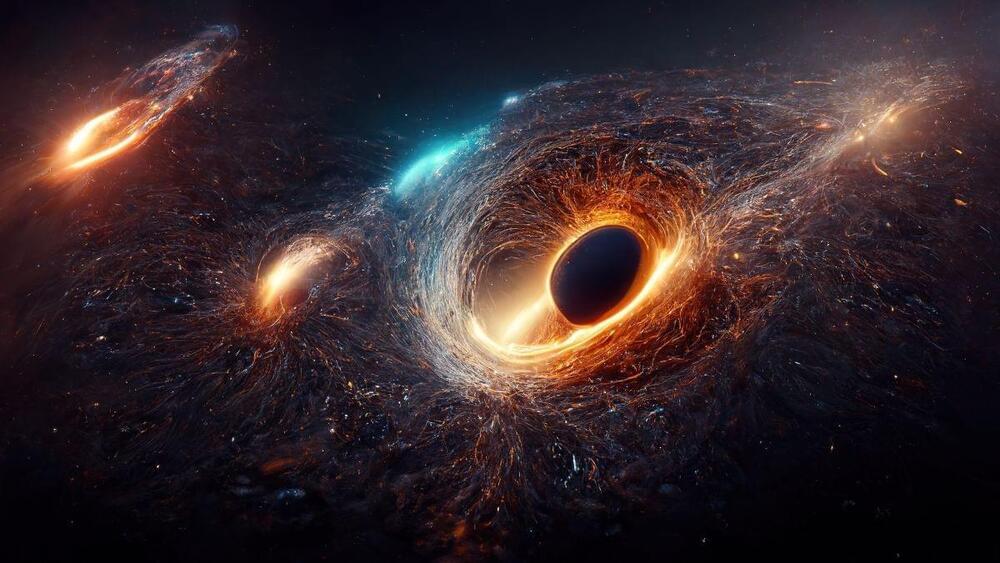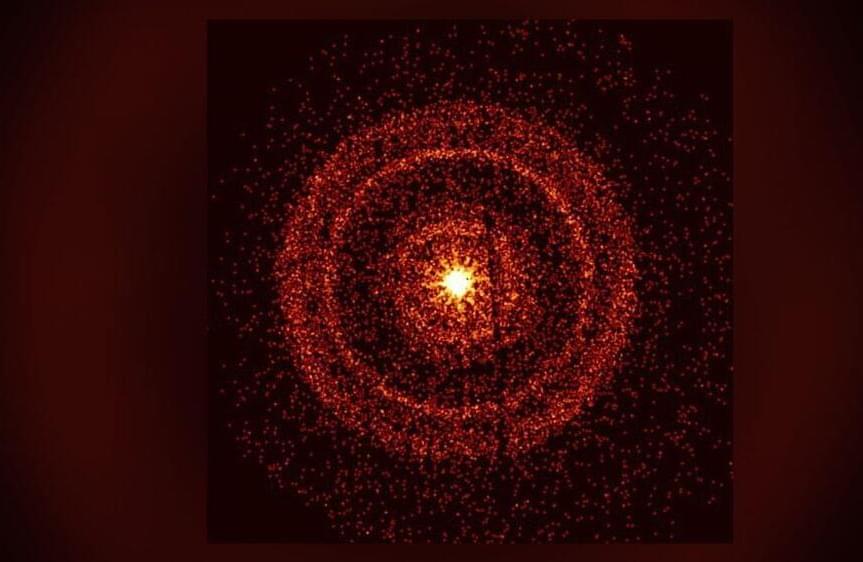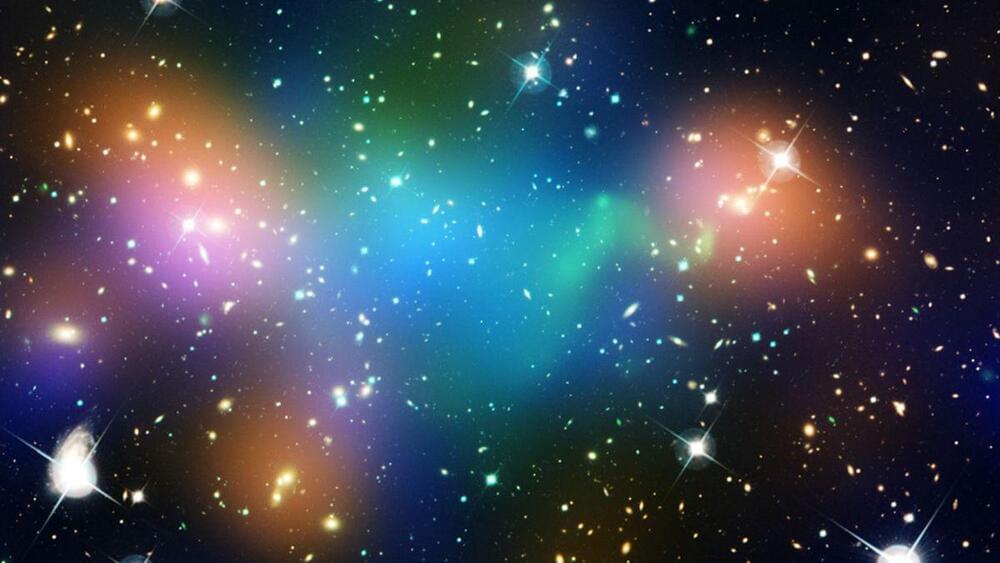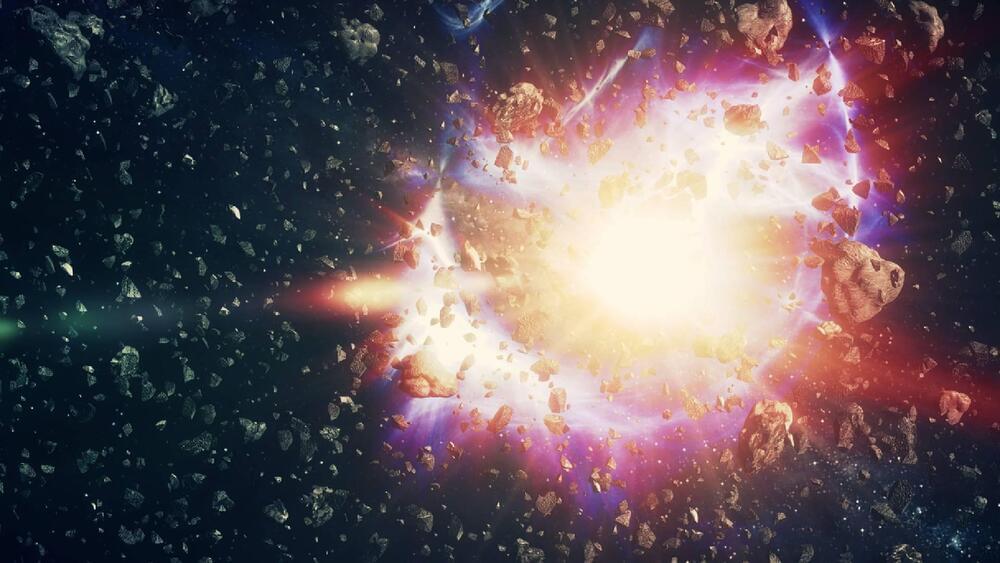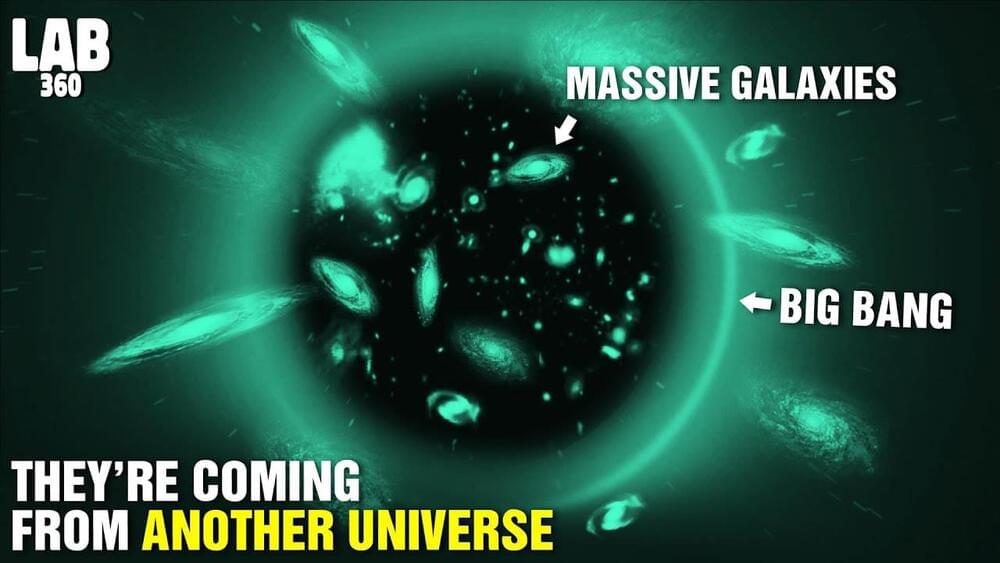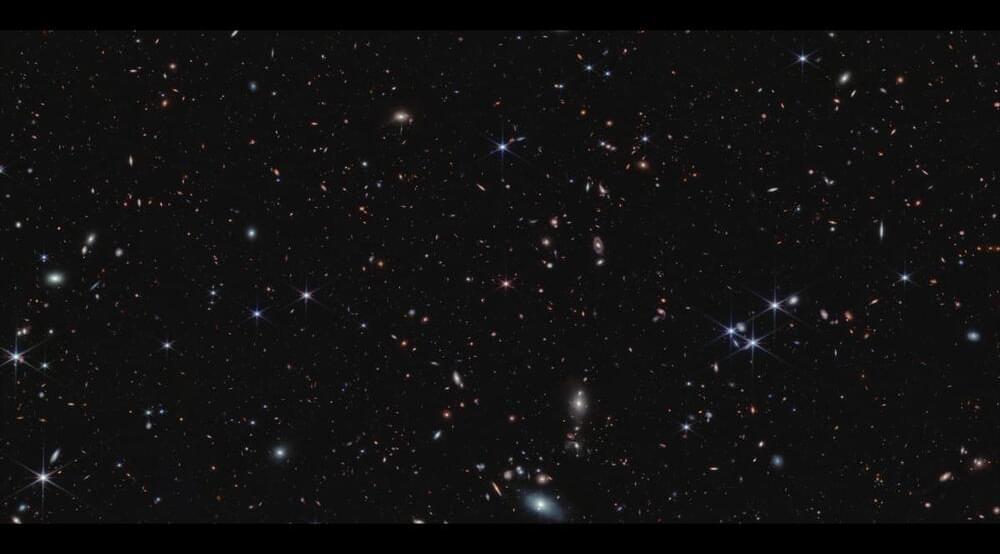
Cave divers equipped with brilliant headlamps often explore cavities in rock less than a mile beneath our feet. It’s easy to be wholly unaware of these cave systems – even if you sit in a meadow above them – because the rock between you and the spelunkers prevents light from their headlamps from disturbing the idyllic afternoon.
Apply this vision to the conditions in the early universe, but switch from a focus on rock to gas. Only a few hundred million years after the big bang, the cosmos was brimming with opaque hydrogen gas that trapped light at some wavelengths from stars and galaxies. Over the first billion years, the gas became fully transparent – allowing the light to travel freely. Researchers have long sought definitive evidence to explain this flip.
New data from the James Webb Space Telescope recently pinpointed the answer using a set of galaxies that existed when the universe was only 900 million years old. Stars in these galaxies emitted enough light to ionize and heat the gas around them, forming huge, transparent “bubbles.” Eventually, those bubbles met and merged, leading to today’s clear and expansive views.
